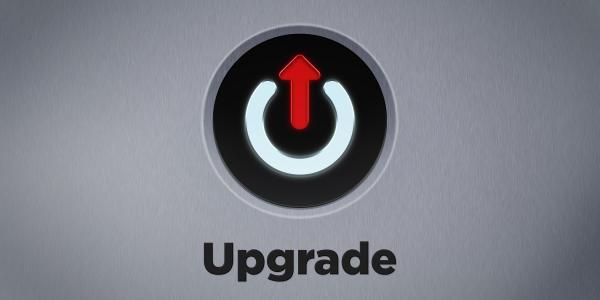Having control over your finances is no easy feat in today's complex economic landscape. Yet the ability to effectively manage your money and bankroll can lead to reduced stress, greater savings, wise investments, and overall prosperity. By establishing positive habits and strategies tailored to your unique situation, you can position yourself to not merely survive, but truly thrive.
This guide shares essential tips for taking charge of your bankroll and leveraging it to secure your future. From budgeting methods to investment vehicles, discover how to stretch your dollars further through responsible stewardship. With concerted effort and smart decision-making, financial freedom awaits.
Establish a Realistic Budget
The cornerstone of any good money management approach at Nine Casino UK is an accurate budget that aligns with your actual income and expenses. This allows you to direct funds towards necessities, savings goals, and discretionary spending based on real figures, not guesstimates.
When constructing your budget, analyze the past 3-6 months of bank and credit card statements to determine average costs for categories like housing, transportation, food, utilities, debt payments, entertainment, etc. Your budget should capture all inflows and outflows without placing unrealistic restrictions that set you up for failure.
Grow Your Savings
With a budget established, direct a portion of your earnings to savings which serves as the foundation for reaching goals and handling unexpected expenses. Begin by saving enough to cover 2-6 months of living costs in an emergency fund. This provides a cushion without needing to read more to rely on credit when crises hit.
Once your emergency savings hits its target amount, redirect those dollars towards other objectives like a down payment, retirement, college fund, etc. Automate transfers from checking to savings accounts to seamlessly build your reserves over time.
The below chart illustrates various saving and investing vehicles available based on your timeframe and risk tolerance.
|
Vehicle
|
Timeframe
|
Risk
|
Return
|
|
High-Yield Savings
|
Short-Term
|
Low
|
Up to 2% APY
|
|
CDs
|
Short-Medium Term
|
Low
|
Up to 3% APY
|
|
Money Market Funds
|
Medium Term
|
Low
|
Up to 2% APY
|
|
Mutual Funds
|
Medium-Long Term
|
Medium
|
Up to 8% Avg Annual
|
|
Stocks
|
Long Term
|
High
|
Up to 10%+ Avg Annual
|
Spend Intentionally and Minimize Debt
With budget set and savings accumulating, now focus spending to align with goals and needs rather than wants and impulses. Limit expenditures on liabilities that lose value over time, instead buying quality assets retaining or growing in value. Approach each purchase by questioning, "Will this add value to my life and is now the right time?" This mindset shift reduces reckless spending.
Additionally, avoid debt whenever possible and rapidly pay down existing loans. High-interest debt erodes bankroll quickly. List debts by interest rate, paying minimums on all but the highest rate debt. Attack this most expensive debt first while paying minimums on the rest, then move to the next highest rate debt once the first is conquered. This "debt avalanche" method saves money in the long-run.
Invest Wisely
As savings build, investing allows your money to work harder towards major goals like retirement. Start by securing employer match incentives in 401K accounts, then contribute to Roth IRAs for additional tax-advantaged growth.
Research low-cost, diversified index funds that offer broad market exposure along with stocks from leading companies. Index funds provide higher returns over the long-run than trading individual stocks.
And remember - the earlier money is invested, the more time compound interest has to work its magic through the years!
Takeaway
By taking an intentional approach to managing your bankroll – establishing a realistic budget, growing savings proactively, spending responsibly, eliminating debt, and investing diligently – you can optimize use of your finances. Employ these fundamental money management principles to secure your future and gain peace of mind knowing your dollars are working towards your goals.















